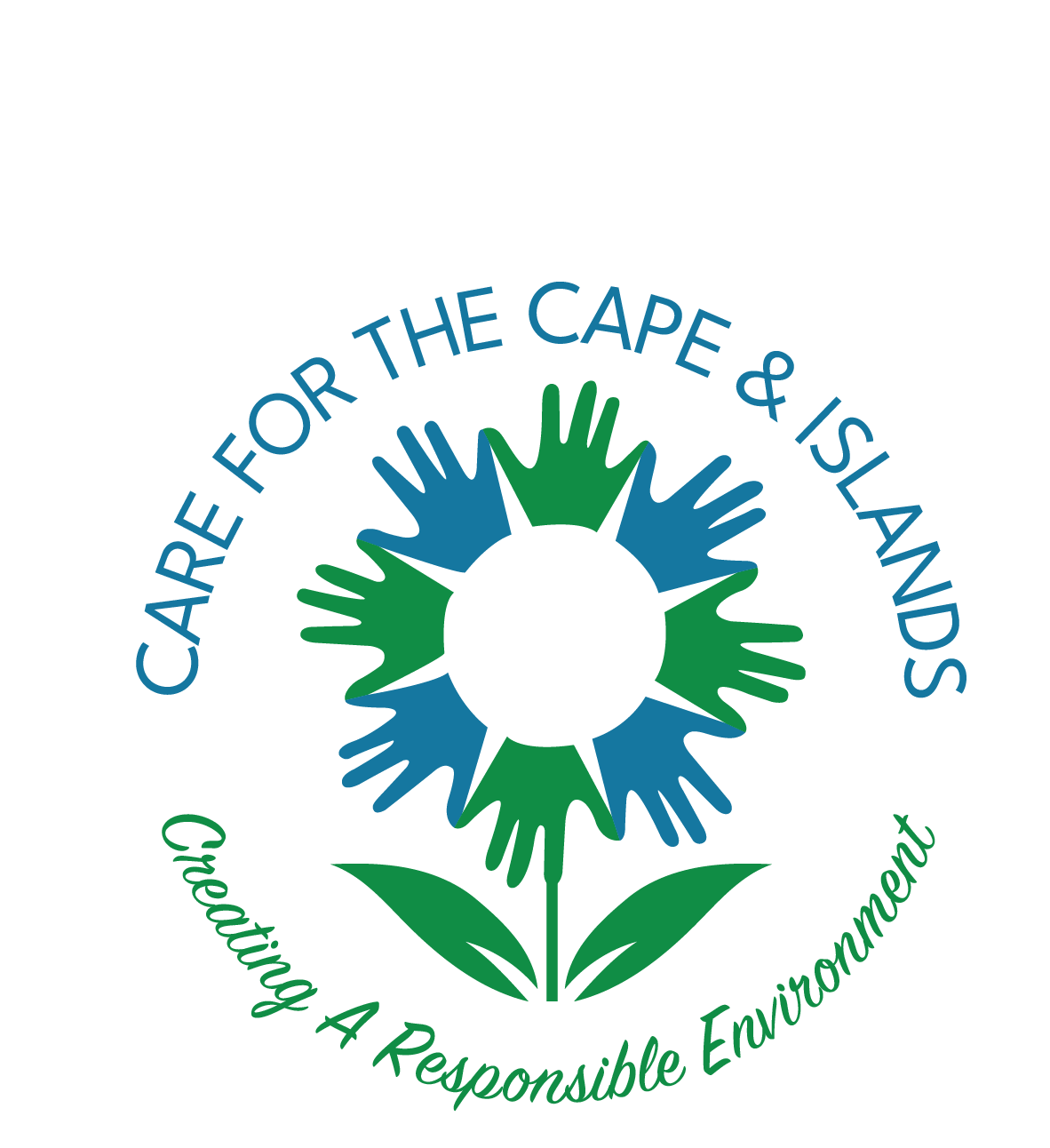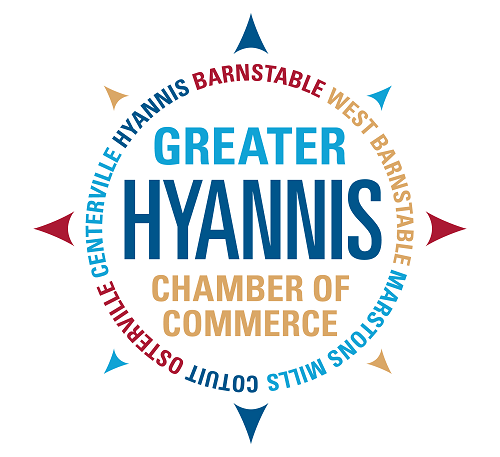The South Shore Chamber of Commerce has released a new report which identifies current and future regional infrastructure priorities that promote economic growth for the South Shore.
The infrastructure report lays out the next steps for the chamber to focus on for its South Shore 2030 regional economic development project. The report identifies water resources and wastewater capacity as the most pressing concern – both for sustainable economic growth and to protect our natural resources.
The chamber has long advocated for improving commuting in and out of Boston and the report also prioritizes intra-regional transportation to the agenda. This includes reverse commuting of workers to jobs on the South Shore as important to future job creation and business expansion on the South Shore.
To drive some infrastructure efficiencies and cost controls the report recommends focusing efforts on new infrastructure around targeted development areas on the South Shore. Examples include the Kingston/North Plymouth; the Route 3A corridor from Quincy to Hingham; the corridors of Route 3 between Hanover and Weymouth (including the Rte. 53 & Rte.18 arteries) and potential development from the new MBTA Communities Housing law, which is requiring communities to think about development in a more targeted, concentrated way.
The chamber’s report was influenced by its work over the past four years promoting housing and some projections and assumptions about how the pandemic might shape future growth.
“We were beginning to see younger people move out of Boston to the suburbs before COVID and expect that to continue at a higher rate the next few years,” said chamber president and CEO Peter Forman. “We are seeing a lot of local business growth and entrepreneurship spreading throughout the region, but we do not expect a significant shift of Boston-based office space into the suburbs following the pandemic. Our future job growth will come from new businesses starting here, growth in businesses that serve residents, and businesses moving here because of the workforce talent.”
Forman said the group’s goal is to “identify transportation priorities that are most closely tied to the region’s economic future. Their recommendations will become a blueprint for the Chamber’s Transportation work and political advocacy for the next few years.”
The report also warned about future pressure on the MBTA and threat of service changes, most of that coming out of the pandemic and reduced numbers of workers commuting to Boston offices.
Former Braintree mayor and board member of the state Department of Transportation Joseph Sullivan and Janice Bergeron, a transportation consultant who lives on the South Shore, co-chaired the chamber’s Transportation Advisory group, a contributing group of experts for the report. The Advisory Group is part of South Shore 2030, a comprehensive economic and community development plan. Visit the website at (www.SouthShore2030.com) to learn more.
“Serious commitments, including investments to infrastructure and transportation are a centerpiece of economic development for the South Shore,” said Sullivan. “Without it we lose our vibrancy and undermine our future quality of life.”


























